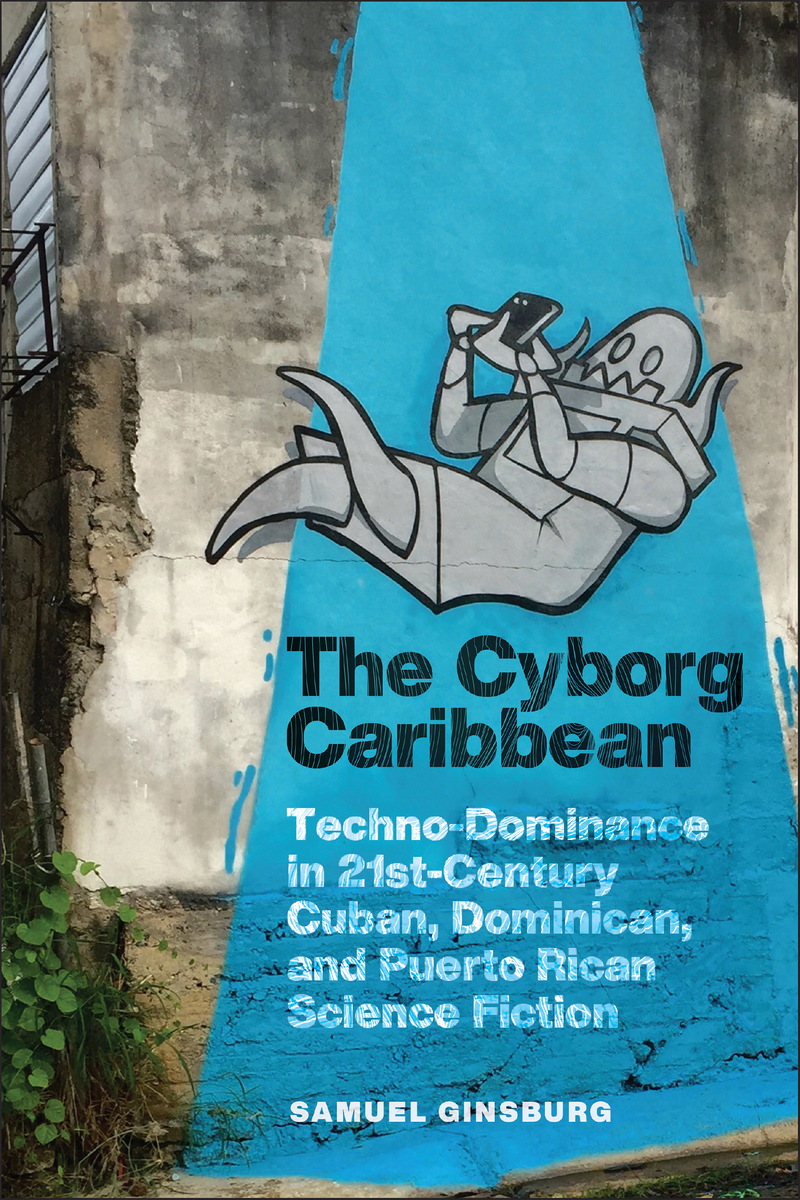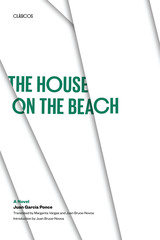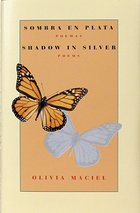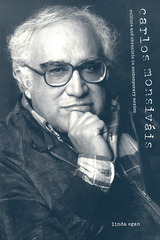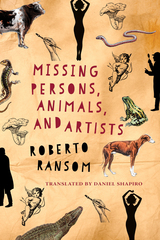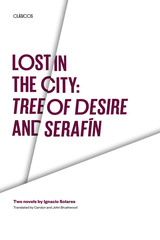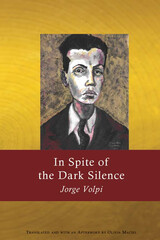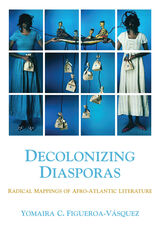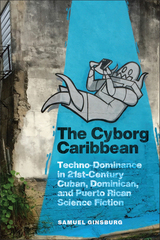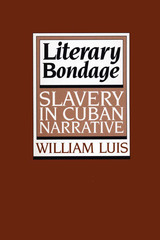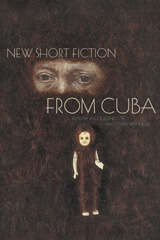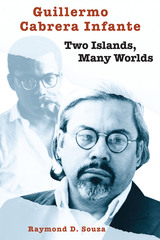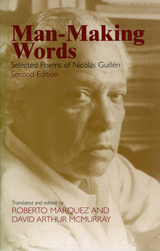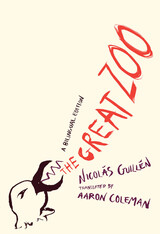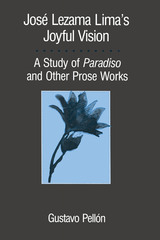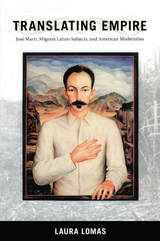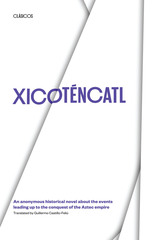The Cyborg Caribbean: Techno-Dominance in Twenty-First-Century Cuban, Dominican, and Puerto Rican Science Fiction
Rutgers University Press, 2023
Cloth: 978-1-9788-3625-9 | Paper: 978-1-9788-3622-8 | eISBN: 978-1-9788-3623-5 (ePub) | eISBN: 978-1-9788-3624-2 (PDF)
Library of Congress Classification PQ7361.G56 2023
Dewey Decimal Classification 863.08762099729
Cloth: 978-1-9788-3625-9 | Paper: 978-1-9788-3622-8 | eISBN: 978-1-9788-3623-5 (ePub) | eISBN: 978-1-9788-3624-2 (PDF)
Library of Congress Classification PQ7361.G56 2023
Dewey Decimal Classification 863.08762099729
ABOUT THIS BOOK | AUTHOR BIOGRAPHY | REVIEWS | TOC
ABOUT THIS BOOK
The Cyborg Caribbean examines a wide range of twenty-first-century Cuban, Dominican, and Puerto Rican science fiction texts, arguing that authors from Pedro Cabiya, Alexandra Pagan-Velez, and Vagabond Beaumont to Yasmin Silvia Portales, Erick Mota, and Yoss, Haris Durrani, and Rita Indiana Hernandez, among others, negotiate rhetorical legacies of historical techno-colonialism and techno-authoritarianism. The authors span the Hispanic Caribbean and their respective diasporas, reflecting how science fiction as a genre has the ability to manipulate political borders. As both a literary and historical study, the book traces four different technologies—electroconvulsive therapy, nuclear weapons, space exploration, and digital avatars—that have transformed understandings of corporality and humanity in the Caribbean. By recognizing the ways that increased technology may amplify the marginalization of bodies based on race, gender, sexuality, and other factors, the science fiction texts studied in this book challenge oppressive narratives that link technological and sociopolitical progress.
See other books on: Caribbean & Latin American | Caribbean fiction | Science fiction | Science Fiction & Fantasy | Technology in literature
See other titles from Rutgers University Press
